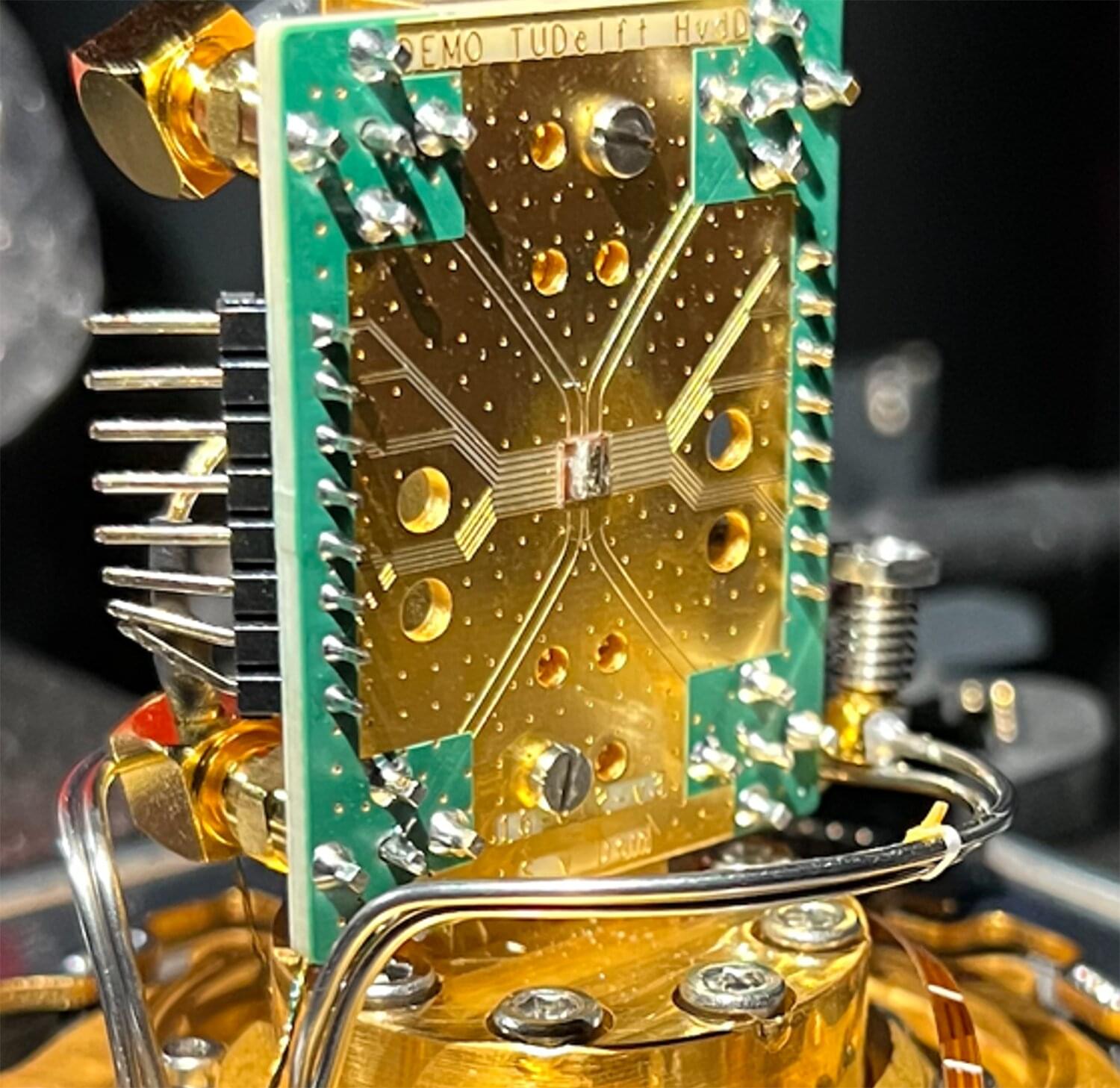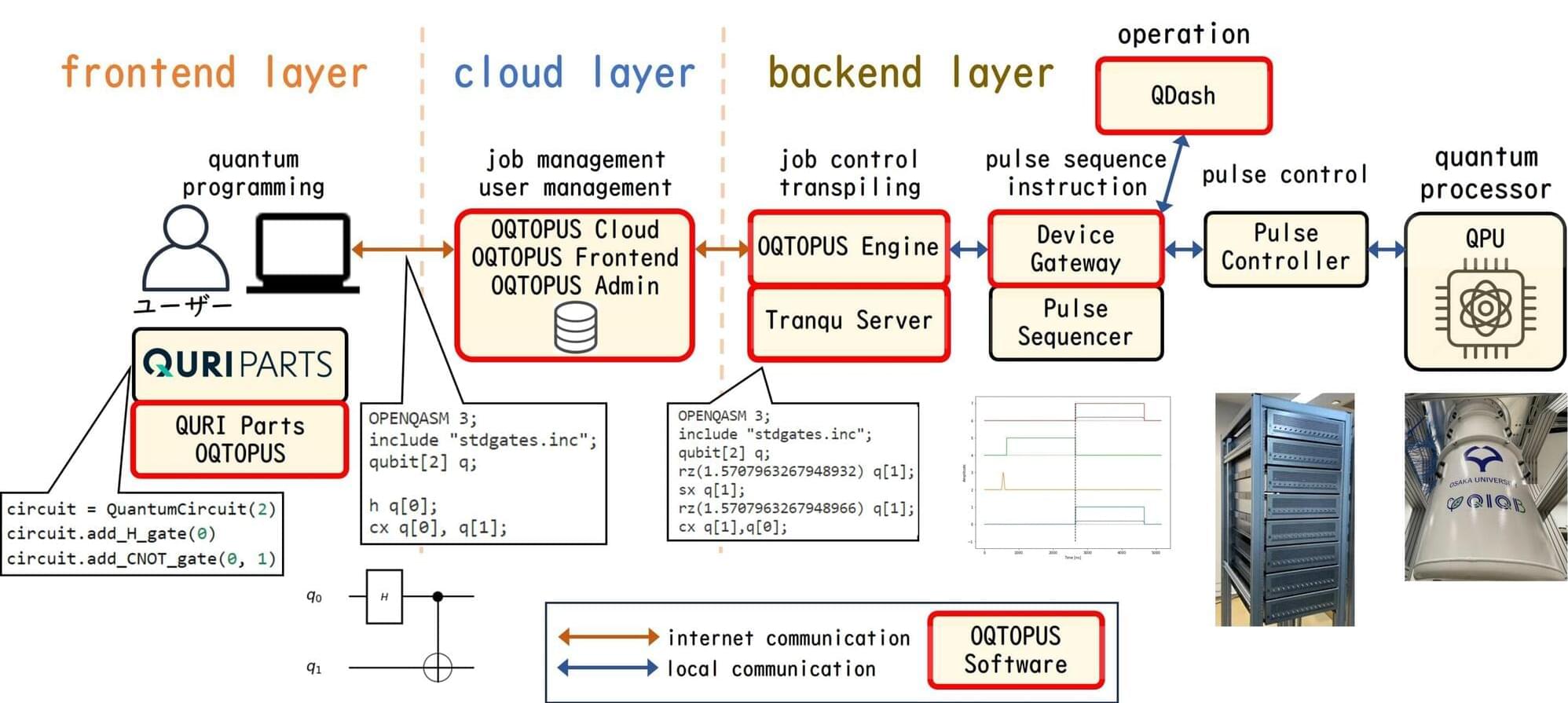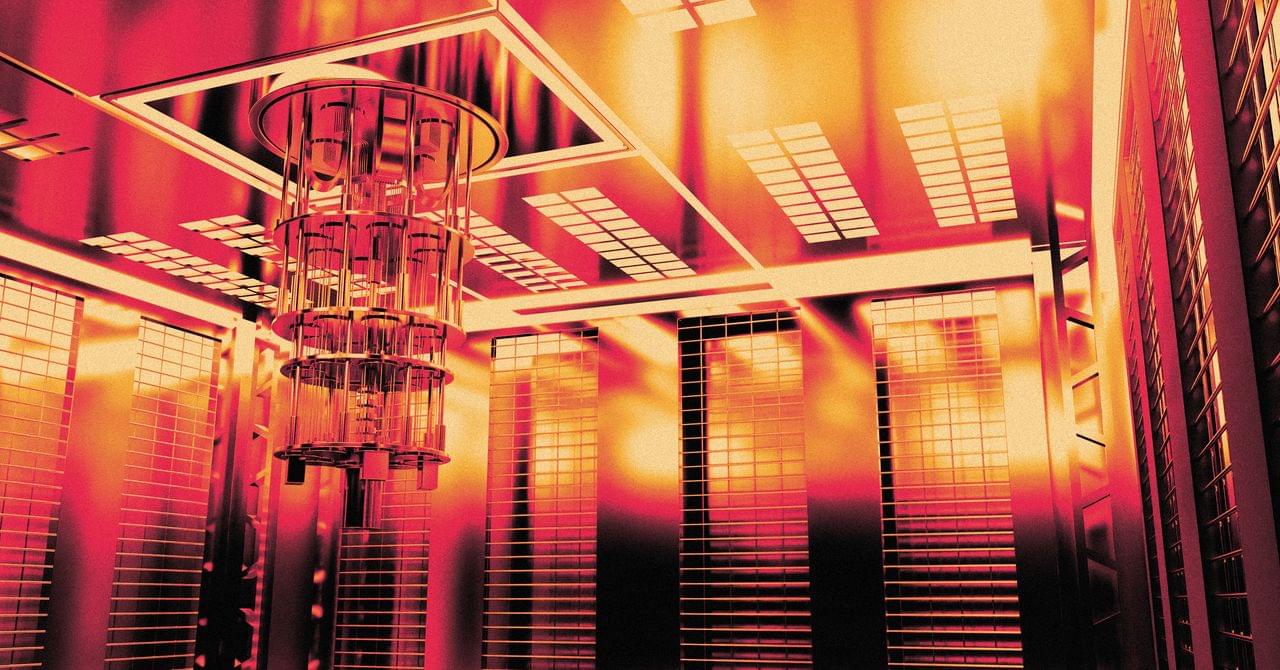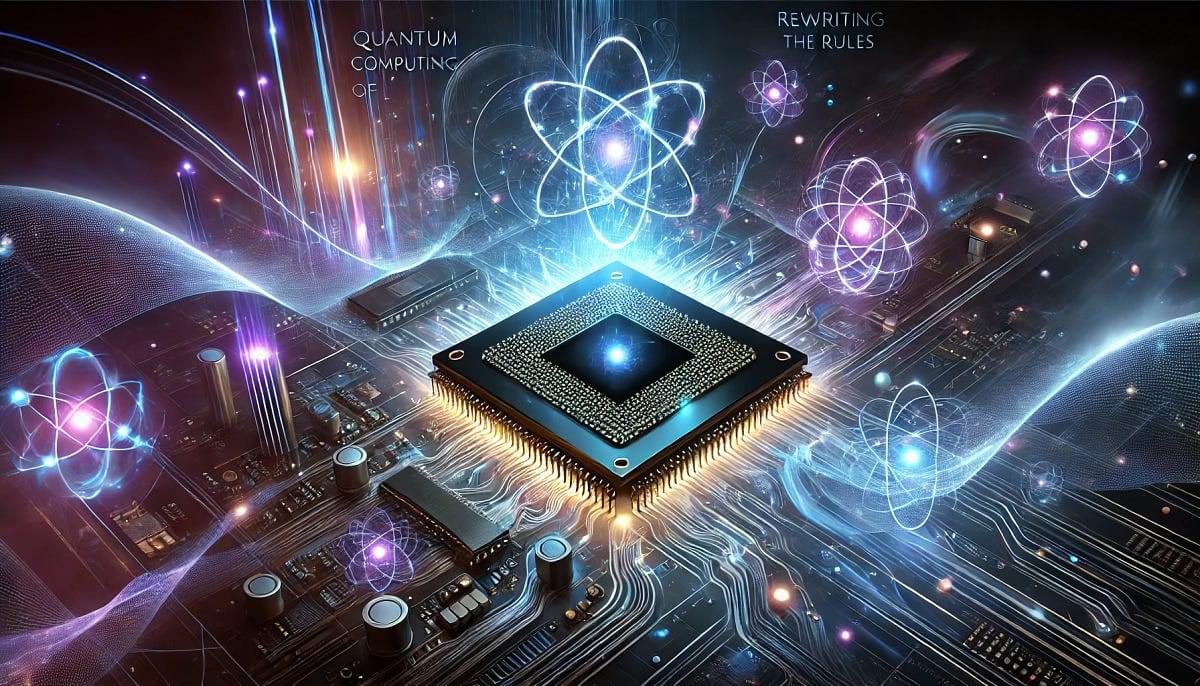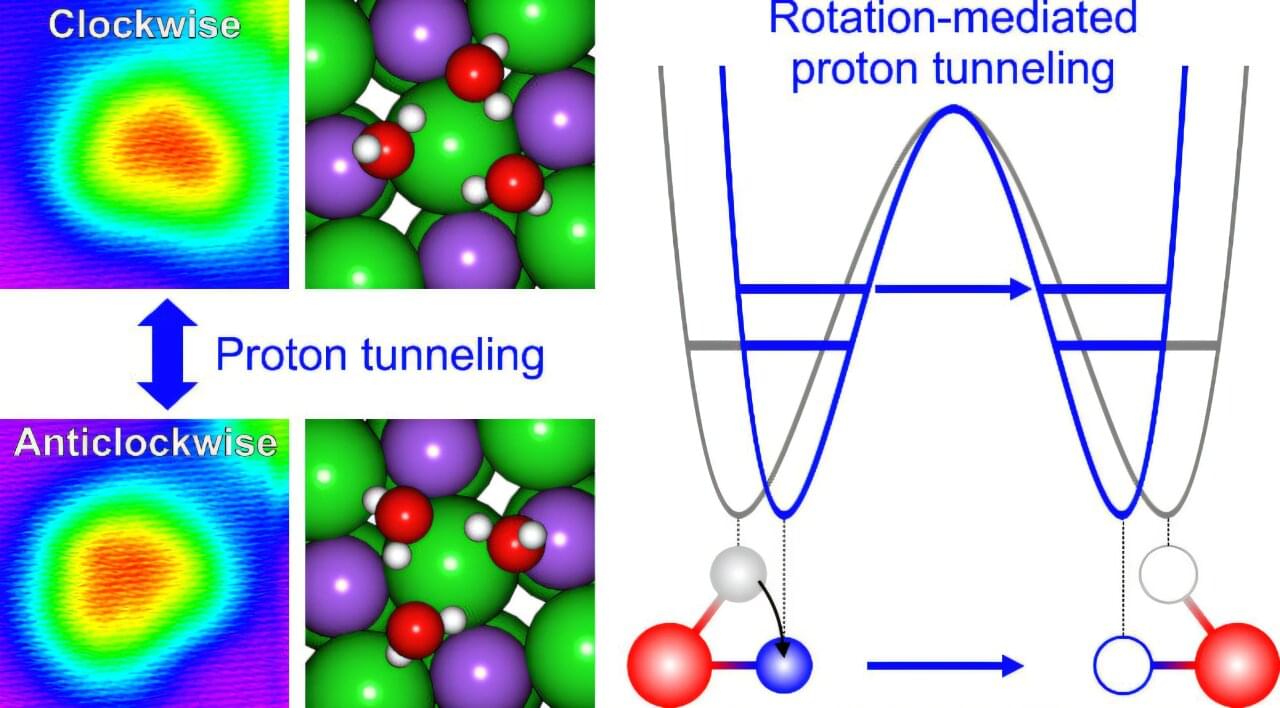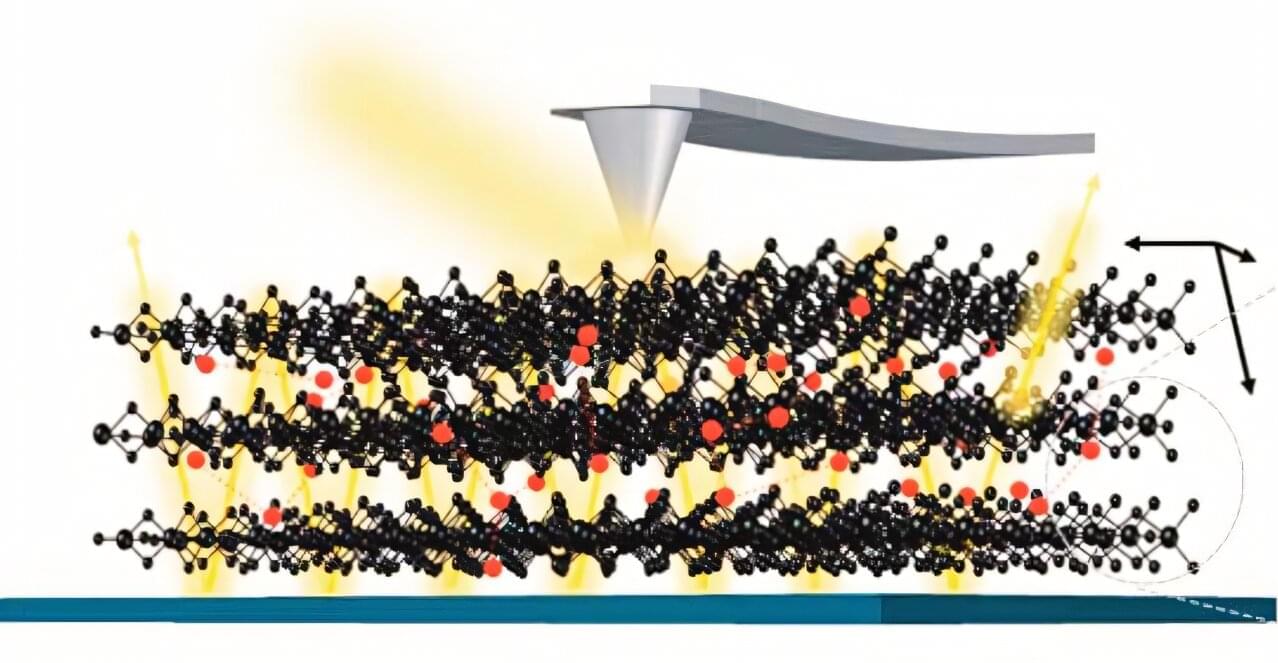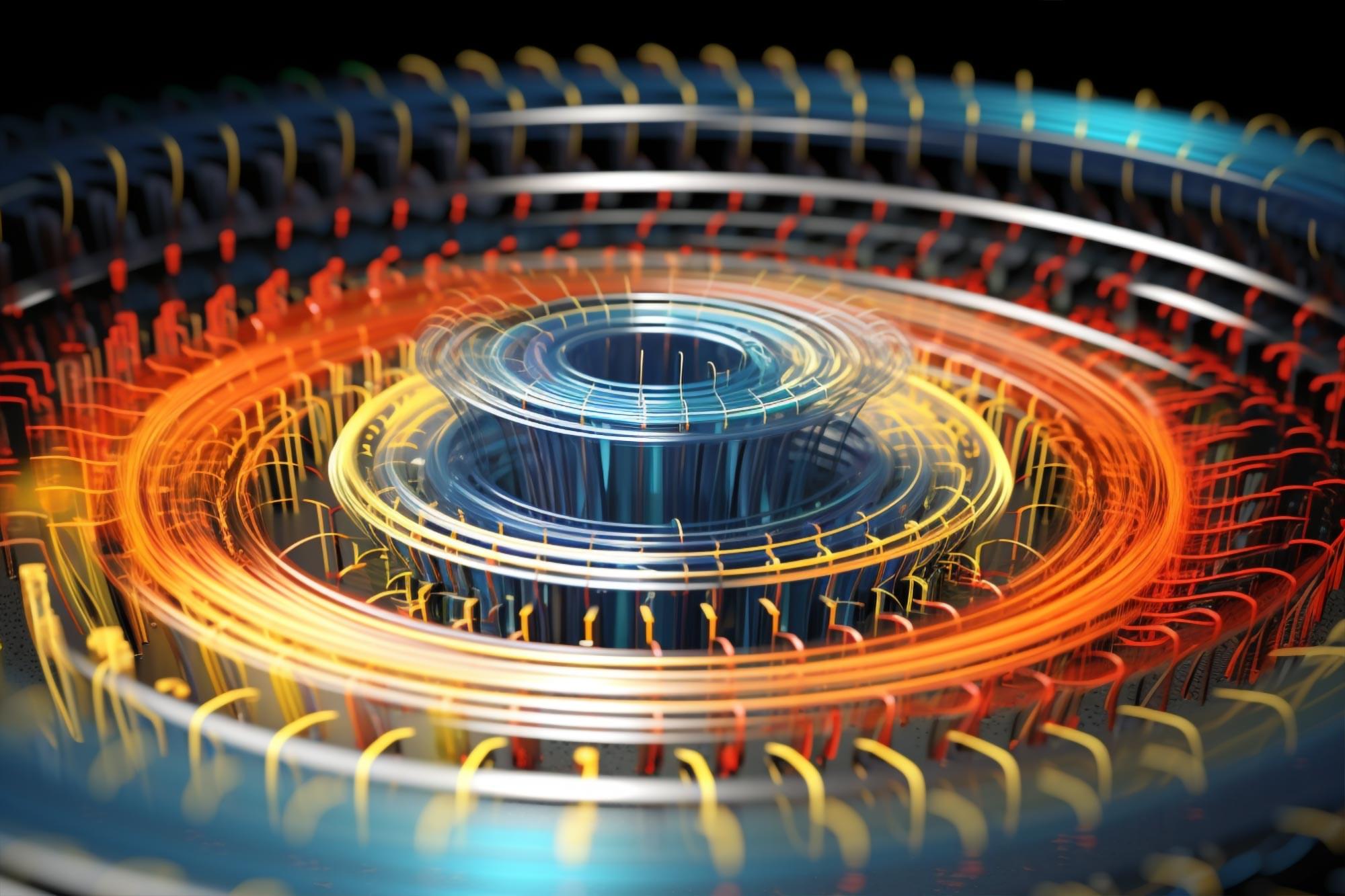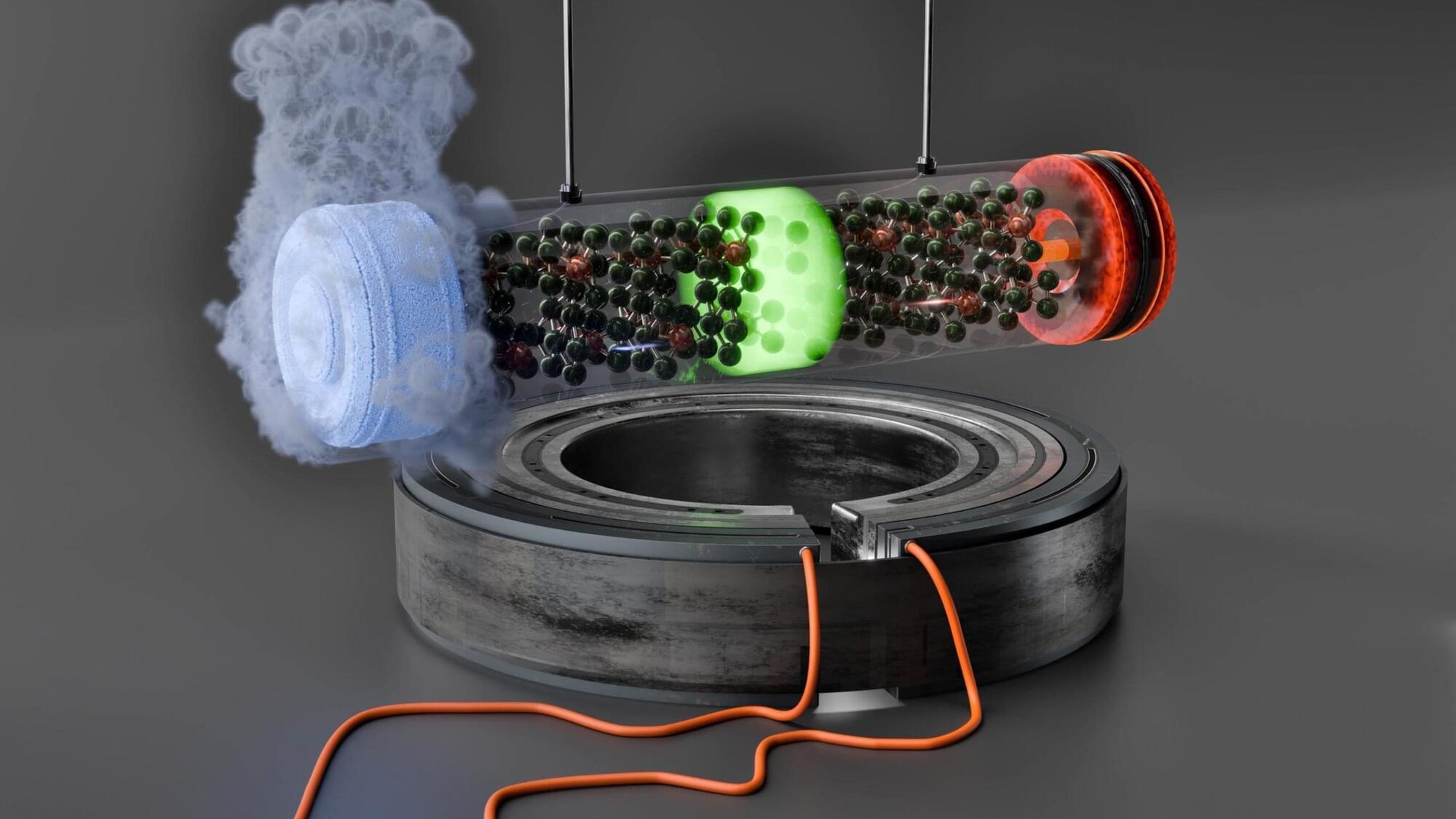Researchers at QuTech, in collaboration with Fujitsu and Element Six, have demonstrated a complete set of quantum gates with error probabilities below 0.1%. While many challenges remain, being able to perform basic gate operations with errors occurring below this threshold, satisfies an important condition for future large-scale quantum computation. The research was published in Physical Review Applied on 21 March 2025.
Quantum computers are anticipated to be able to solve important problems that are beyond the capabilities of classical computers. Quantum computations are performed through a large sequence of basic operations, called quantum gates.
For a quantum computer to function, it is essential that all quantum gates are highly precise. The probability of an error during the gates must be below a threshold, typically of the order 0.1 to 1%. Only then, errors are rare enough for error correction methods to work successfully and ensure reliable computation with noisy components.
